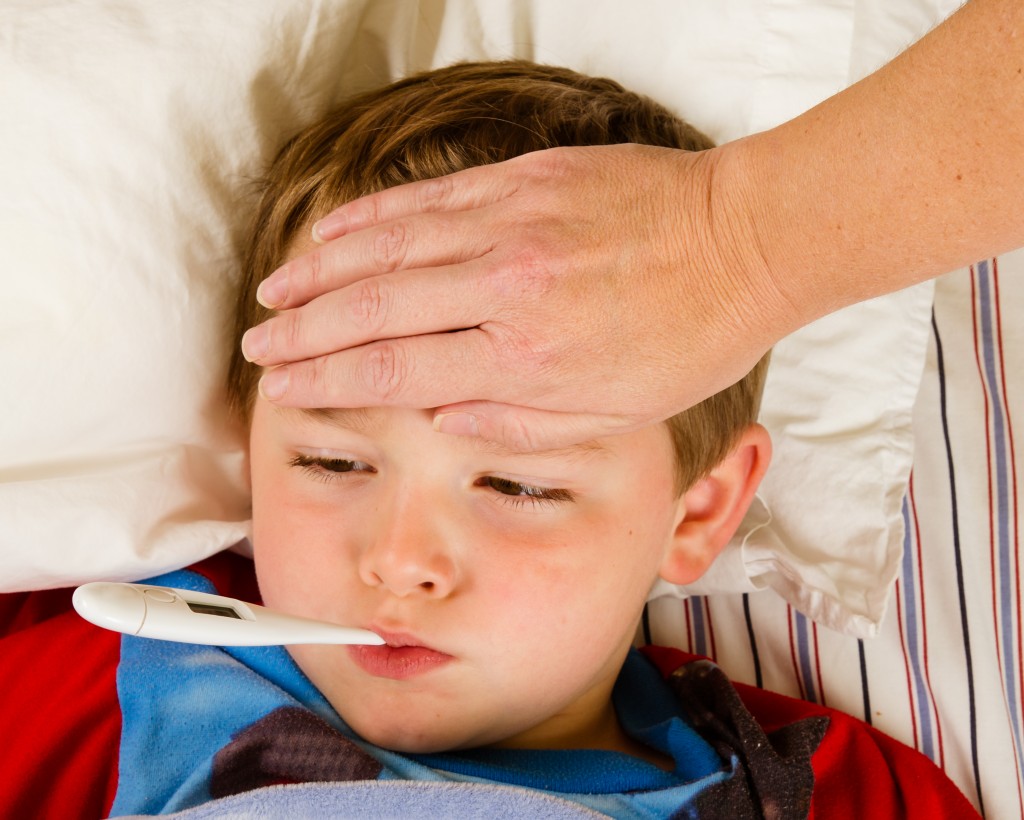There are a lot of things parents need to worry about when thinking of their kids. Many factors seem as if they are looming threats that are hard to prevent. As worrisome as it may feel, some of the most common ailments and conditions in children are preventable. Just because they are seen and often unsurprising in children doesn’t mean it’s a certainty. Here are some of the most popular ones that you should know can be avoided:
Allergic rhinitis
This condition is the most common childhood ailment caused by allergies, but it doesn’t have to be a recurring problem if you keep your home free of allergens that can trigger the symptoms. More commonly known as hay fever, despite not having a fever in its symptoms, this condition is often seasonal though it can also be a year-round problem. The causes include pollen, dust mites, mold, insect waste, and dander, and family history may make your child even more susceptible to it.
Besides keeping your home pollen-free, some routine cleaning should be done to ensure that allergen build-up is prevented. You should opt for air duct cleaning services regularly to avoid dust mites and mold from spreading around the household. It should also be noted that irritants such as tobacco can also cause this symptom in kids, among other issues. If you can keep the space clean of those elements, your child should have a rhinitis-free home.
Lice infestation
Lice can be a troublesome and gross problem for the whole family if one child brings it home. The only reason it seems like kids are more likely to get lice is that they tend to spend more time in close contact with each other when they are playing. That doesn’t mean you are automatically sending your child off to lice haven any time you send them to school or playtime. Simply make sure there are no children who have lice, and if they do have it, try to prevent head-to-head contact between them and make sure your child does not share caps, combs, brushes, ribbons, and any other fabrics in that area.
Measles
There is a common idea that measles is readily prepared for during childhood because it is highly contagious. This idea is further pushed because of the notion that, once you get measles, you build up immunity against it, and it is way less likely to have a second coming. That said, you can avoid this problem altogether by getting a vaccine for your child.
The vaccination process is done in usually one or two doses and can be used in children from 12 months to 12 years of age. With two doses, the vaccine is noted to have a 97% prevention rate, while one is 93% effective. That should be ample enough prevention that your child can go throughout their entire childhood without having to be at risk of measles.
Tooth decay

Tooth decay is the second most common disease after the common cold and is one of the most widespread chronic diseases in childhood throughout the world. Statistics show that around one in five children from ages 5 to 11 has at least one untreated cavity. That is already a cause for discomfort in itself but can also lead to other issues if left alone.
Thankfully, cavities are majorly preventable simply by practicing good oral hygiene and instilling these habits early on. Daily brushing with fluoride toothpaste is one of the best things your kid can do, along with limiting the intake of sugary treats and starchy foods. When bacteria festers in the mouth, the risk for infection and developing this significantly increases.
UTI
A urinary tract infection is another condition that causes a lot of discomfort to the patient and can be especially jarring and unpleasant for younger kids. However, it is also relatively common for their age group. That can cause a lot of pain in general and when going to pee, as it affects the bladder and kidneys. If your kid is experiencing symptoms like fever, abdominal pain, and a fever, you can be a pretty sure bet it’s a case of UTI.
If your child doesn’t wash up enough, they hold in their urine for too long, or they are constipated, it can lead to this because of bacteria build-up. So, preventing it is a matter of forming good toilet habits to combat these risk-building tendencies. Complicating additions include kidney issues or blockages, so you’ll want to close off that possibility as well by keeping the children well-hydrated and relatively monitored.
With these in mind, you should be able to provide your children with a mostly worry-free home since the most common diseases won’t even touch upon them throughout their upbringing.
